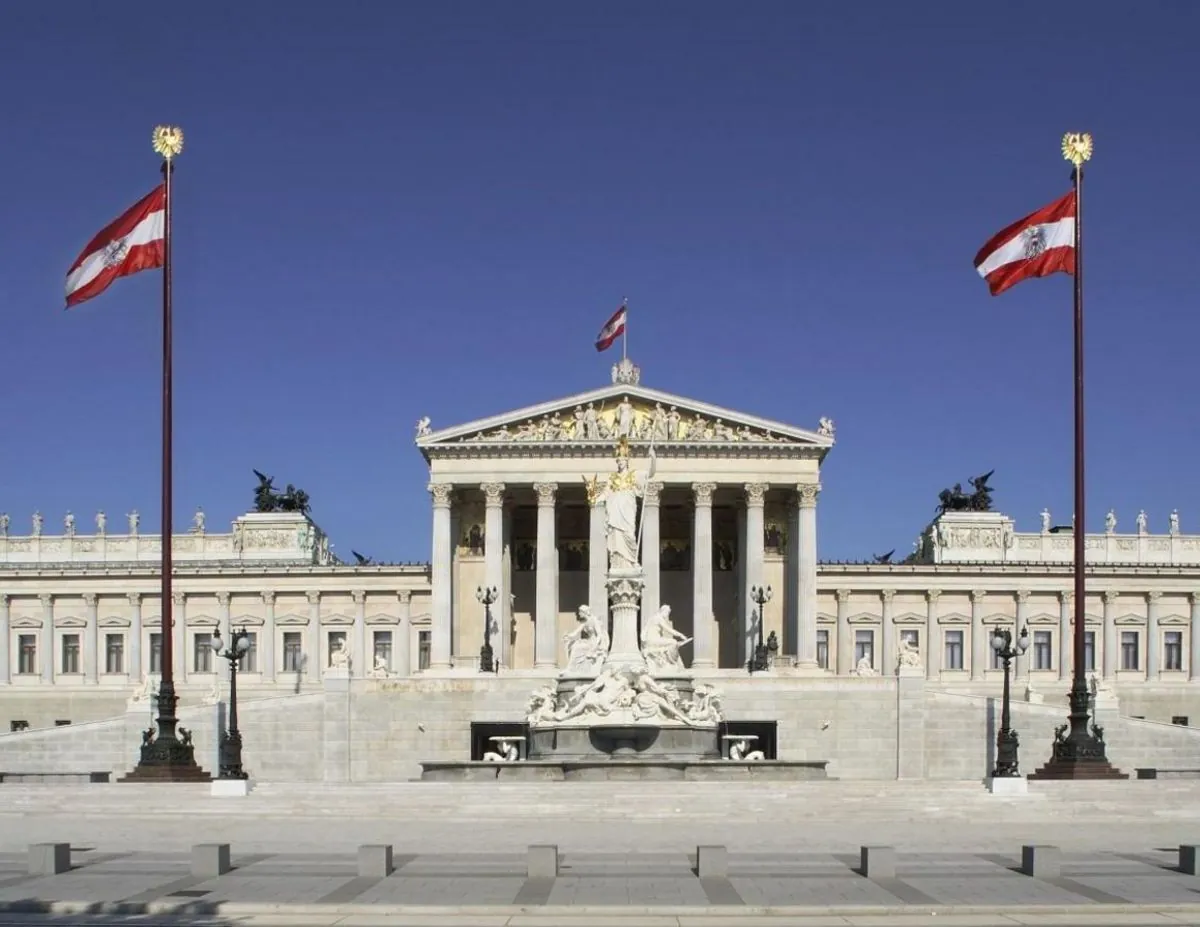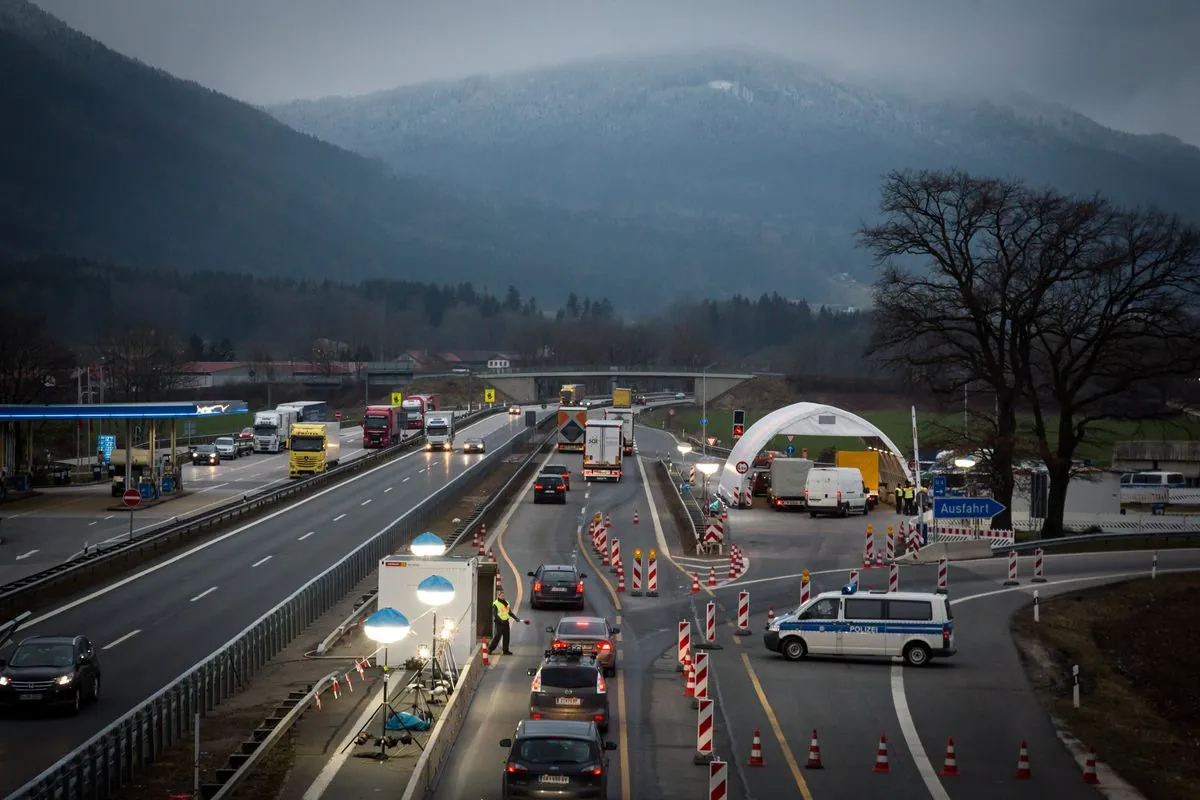Far-right FPO Aims for Historic Win in Tight Austrian Election
Austria's far-right Freedom Party seeks unprecedented victory in parliamentary election. Race tightens as conservative People's Party closes gap, with immigration and economy as key issues.

As Austria approaches its parliamentary election on September 29, 2024, the far-right Freedom Party of Austria (FPÖ) is aiming for an unprecedented victory. Herbert Kickl, the FPÖ's leader, has expressed confidence in securing the top position, which would mark a historic first for the party founded in 1956.
The race has tightened significantly, with Chancellor Karl Nehammer's conservative Austrian People's Party (ÖVP) closing the gap to within the margin of error. This development comes after the FPÖ maintained a clear lead in polls for over a year, capitalizing on voter frustration with above-average inflation and economic challenges in the country of 9 million people.
Immigration remains a central focus of the FPÖ's campaign, despite a significant decrease in new arrivals over the past year. Kickl has proposed stringent measures, including the creation of a "Fortress Austria" to prevent migrants from entering the landlocked nation. This stance reflects Austria's complex history with immigration, dating back to the Habsburg Empire.

While the FPÖ and ÖVP share some common ground on immigration and economic policies such as tax cuts, Nehammer has portrayed Kickl as an extremist. The Chancellor has stated openness to a coalition with the FPÖ but ruled out entering a government with Kickl at the helm.
Austria's multi-party system and tradition of coalition governments mean that neither party is likely to secure an absolute majority. The country's unique form of federalism, with power shared between federal and state governments, adds complexity to the political landscape.
"The people are the wind at our backs and the system is our headwind and the people are always stronger than the system, and we will prove it on Sunday."
Kickl's populist rhetoric contrasts sharply with Nehammer's approach, who has positioned himself as a centrist problem-solver. The Chancellor may have benefited from his handling of severe flooding that affected Austria earlier this month, showcasing the country's commitment to environmental protection and disaster response.
Austria's economy, heavily dependent on tourism and exports, and its low unemployment rate compared to other EU countries, are key factors in the election. The nation's strong tradition of social partnership in labor relations and its highly developed welfare state add layers to the economic debate.
As a member of the European Union since 1995 and the Schengen Area since 1997, Austria's election outcome could have implications beyond its borders. The country's long-standing neutrality in international affairs may also influence voters' decisions.
Regardless of the outcome, the winning party will need to form a coalition to establish a stable government. This process will likely involve complex negotiations, reflecting Austria's strong tradition of direct democracy and frequent use of referendums.
As Austrians prepare to cast their votes, the world watches to see if this election will mark a turning point in the political landscape of this Alpine nation, known for its rich cultural heritage and as the birthplace of renowned composers like Mozart and Strauss.


































